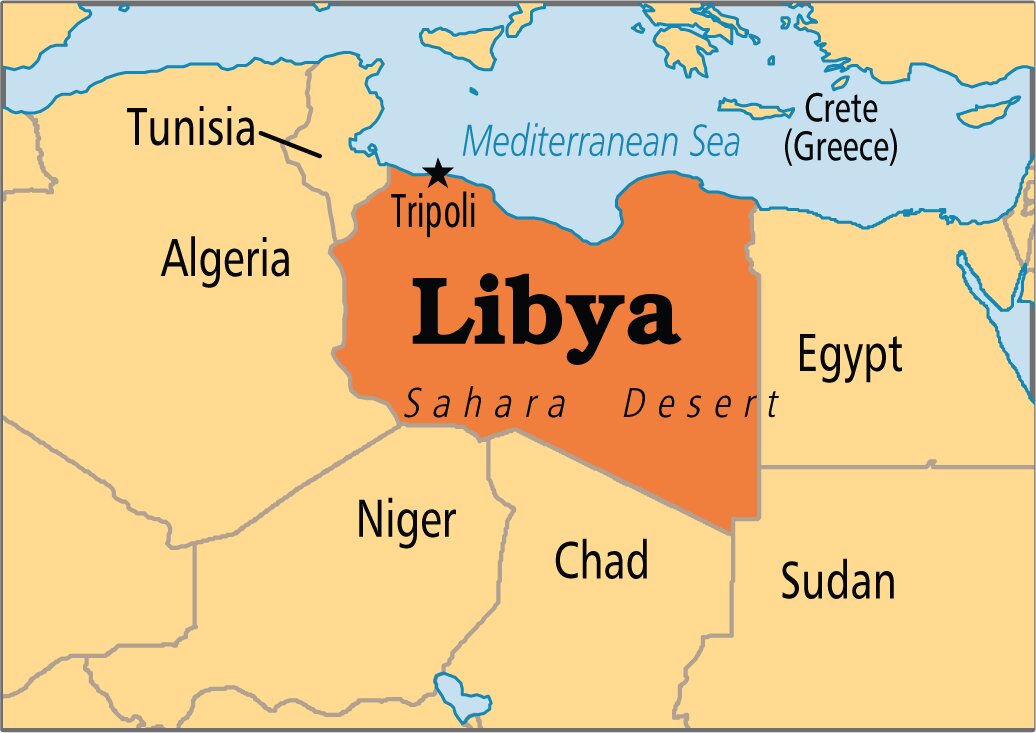International Relations
Crisis in Libya
- 19 Apr 2019
- 3 min read
General Khalifa Haftar, head of the Libyan National Army (LNA), has launched an offensive on the capital Tripoli of Libya.
- Haftar forces have already taken control of the east of the country including most of the oilfields.
- The general supposedly has the backing of Egypt, Saudi Arabia, and some West Asian countries, apart from Russia and France.
Background
- Anti-government protests began on February 15, 2011, leading to civil war between opposition forces and Muammar Gaddafi loyalists.
- The capital city, Tripoli was captured and the government was overthrown after military intervention by western powers.
- In Libya, a UN-backed internationally recognized government was put in place called the Government of National Accord (GNA).
- Libya has no single government currently, with LNA backing the Tobruk-based parliament which governs the East of Libya, and the GNA which controls Libya's western parts from Tripoli.
- The UN-backed government failed to provide stability to Libya. West Libya which was under GNA control was replete with inter-militia battles and kidnappings.
- The GNA commands no security forces, public administration scarcely exists, water, petrol and power shortages abound, and few banks operate.
International Response
- The GNA of Libya has asked the UN Security Council to intervene to protect Tripoli.
- United Nations has issued a plea for a temporary ceasefire to allow the wounded to be evacuated.
- Many European countries, the US has asked to cease hostilities and de-escalation of tension.
- The US has ordered evacuation of its troops stationed in Tripoli.
- India also evacuated its contingent of peacekeeping forces comprising of 15 CRPF personnel from Tripoli.
- India has also asked its citizens to exercise extreme caution.
Impact
- The civil war in Libya may lead to a new migrant crisis from Africa into Europe.
- Libya has the largest oil reserve in Africa and one of the largest oil producer in the world. Instability in Libya may increase oil prices globally. This will impact India directly.
- Libya is a mostly desert and oil-rich country in northern africa.
- Libya gained independence in 1951. Soon after oil was discovered and earned the country immense wealth.
- Colonel Gaddafi seized power in 1969 and ruled for four decades until he was toppled in 2011 following an armed rebellion assisted by Western military intervention.
- Capital: Tripoli
- Population: 6.4 million
- Area: 1.77 million sq km (685,524 sq miles)
- Major language: Arabic
- Major religion: Islam
- Currency: Libyan dinar





